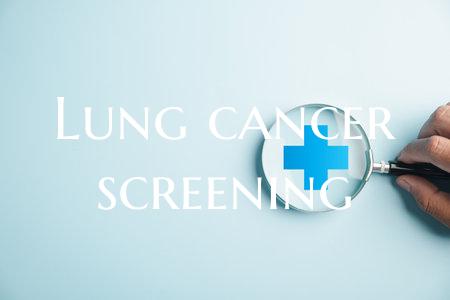
Lung cancer screening
Introduction: Lung cancer is a prevalent and potentially life-threatening disease that affects millions of individuals worldwide. One of the most effective ways to detect lung cancer in its early stages is through screening programs. In this guide, we will delve into the significance of lung cancer screening, its benefits, and the process involved.
Importance of Lung Cancer Screening: Early detection of lung cancer can significantly increase the chances of successful treatment and improved outcomes. Screening can help identify lung cancer in individuals who may not exhibit any symptoms, enabling timely intervention and improving survival rates. For individuals at high risk of developing lung cancer, such as smokers or those with a history of exposure to certain environmental factors, screening can be a proactive step towards early detection and effective management.
Benefits of Lung Cancer Screening: - Early Detection: Screening can detect lung cancer at an earlier stage when treatment is more likely to be successful. - Improved Survival Rates: Individuals diagnosed at an early stage through screening have higher survival rates compared to those diagnosed at a later stage. - Reduced Mortality: Screening can help reduce the number of lung cancer-related deaths by facilitating early treatment. - Quality of Life: Early detection and treatment can help preserve quality of life by minimizing the impact of advanced-stage lung cancer.
Process of Lung Cancer Screening: Lung cancer screening typically involves low-dose computed tomography (LDCT) scans, which use a reduced amount of radiation to create detailed images of the lungs. The screening process is non-invasive and quick, making it a valuable tool in the early detection of lung cancer. Individuals at high risk of developing lung cancer should consult their healthcare providers to determine if they are eligible for screening based on factors such as age, smoking history, and overall health status.
Conclusion: Lung cancer screening plays a crucial role in the early detection and management of this serious disease. By understanding the importance of screening, individuals at high risk can take proactive steps towards safeguarding their lung health. Consulting healthcare providers and participating in screening programs can lead to improved outcomes and ultimately save lives. Stay informed, stay proactive, and prioritize your lung health with regular screenings.